It’s always dripping somewhere in the films of Andrei Tarkovsky. A wistful and startling domestic scene in Solaris comes to mind, as does a riot of ceiling debris splashing into a decaying room in Mirrors and toxic splatters in the “meat grinder” tunnel in Stalker. Already cast into a bewildered dreamstate by the images on the screen, you watch this everyday phenomenon turn into a signal that the gates have opened for you to plunge into the film’s reality, even as you grope for structural footholds in an environment whose solidity you just can’t trust. The dripping water is a spell that holds this portal open.
Inside a vast building in Berlin, the walls glisten with moisture while its contents are buried in dust. It’s the Humboldthain flak tower, a Nazi air defense bunker that was unsuccessfully imploded in 1947. The interior landscape is one of absolute catastrophe, with massive cracked ceilings, mounds of rubble, collapsed walls, long rebar tangles like the roots of a pyritized forest, chunks of concrete dangling by a thin metal thread: Architectural violence frozen in time. But overlaying all this terrible history is the specter of a weird topsy-turvy dreamscape where the laws of physics don’t quite seem to apply. Tasked with envisioning an event in this space for August 2025, I first thought, of course, of Stalker.
There is no way to free the Humboldthain building from its horrific origins as a tool for warfare, shelter during bomb raids and killing site for some of its residents: It’s all recorded both in concrete and in memory. Why then does it seem possible for this space to evoke serenity, peacefulness and even magic?
The Zone in Stalker is also a violent terrain, with invisible danger that is inconceivably omnipresent and instant – whereas in the flak tower, the threat of collapse is visually all-encompassing (even if not imminent, as structural engineers hasten to inform us). But in both places, the superimposed irreality, the seductive, terrifying beauty, the utterly encapsulated silence – save for a few sounds of nature – force us to step in and out of mindfulness, as we find ourselves suspended between the seen and the unseen, the present and the remembered. Or find, instead of ourselves and our geographic location, a confrontation with the vast unknown.
What matters in both cases is creating art that amplifies and gifts this atmosphere. For Tarkovsky, the Zone was a living thing that followed not rules of logic but truth. His refusal to explain it, or to show the mystical Room that the stalker’s clients wish to reach, can be attributed to it being a sacred space that offers revelation. The meaning of the Zone can’t be explained, it must be experienced.
[“It is not how things are in the world that is mystical, but that it exists.” - ((Ludwig Wittgenstein, Tractatus Logico-Philosophicus)) - and if trying to create the existence of a dreamscape that fells you in wonder weren’t the most essential pursuit, would we really stumble across chunks of concrete to install an art- and soundscape compensated only by the occasional signs of awe from a visitor?]
These are some of the starting thoughts for presenting “Roadside Picnic” during the Long Night of Museums in Berlin on August 30, 2025. The title comes from the Russian sci-fi book by Arkady and Boris Strugatsky on which Stalker is based. In this, a further immersive episode in our ongoing planetary series “Falling Sideways”, I’m collaborating, as always, with the stellar artists from the Detroit-based Seafoam Palace. We’re being hosted by our lovely friends at Berliner Unterwelten, who spent years preparing this chaotic relic for their public tours. I’m already inviting you to save the date.
In our event, we’ll pay homage but not try to emulate. It will be a different realm – in the best case, one that sidesteps at outlandish intersections to offer a shivering perspective of his films. Can we, in this space, really show reality through the lens of a dream? Or more to the point, as Tarkovsky asked in his book Sculpting in Time: “What is a dream, if not the extension of reality through other means?”

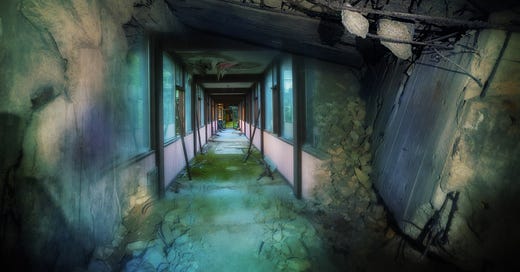



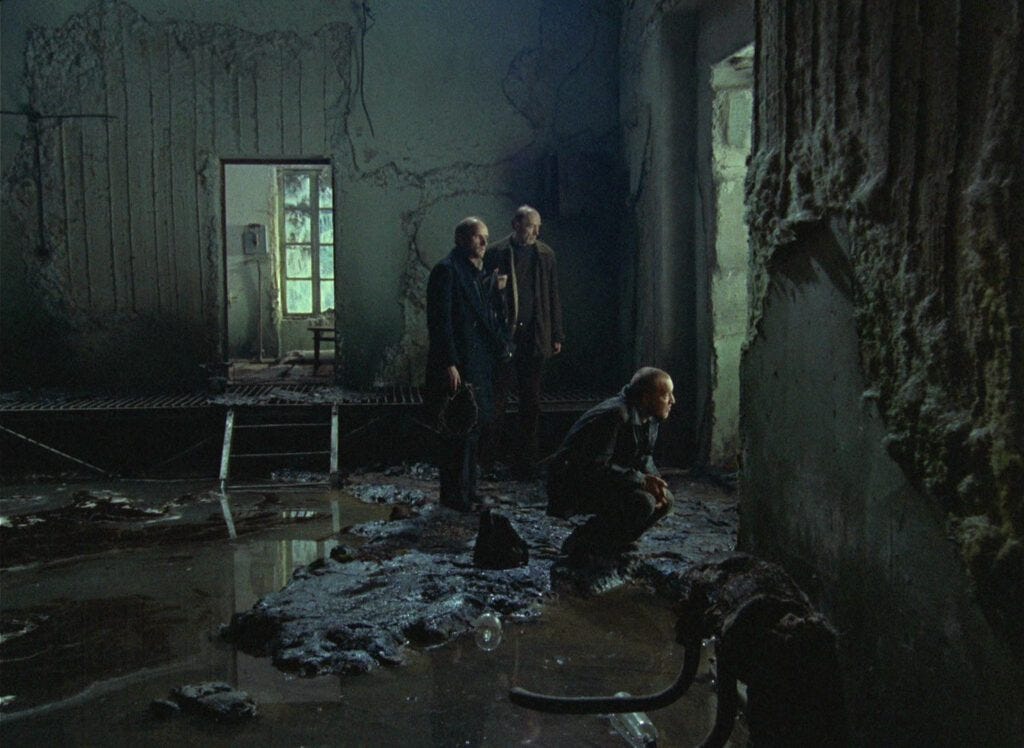
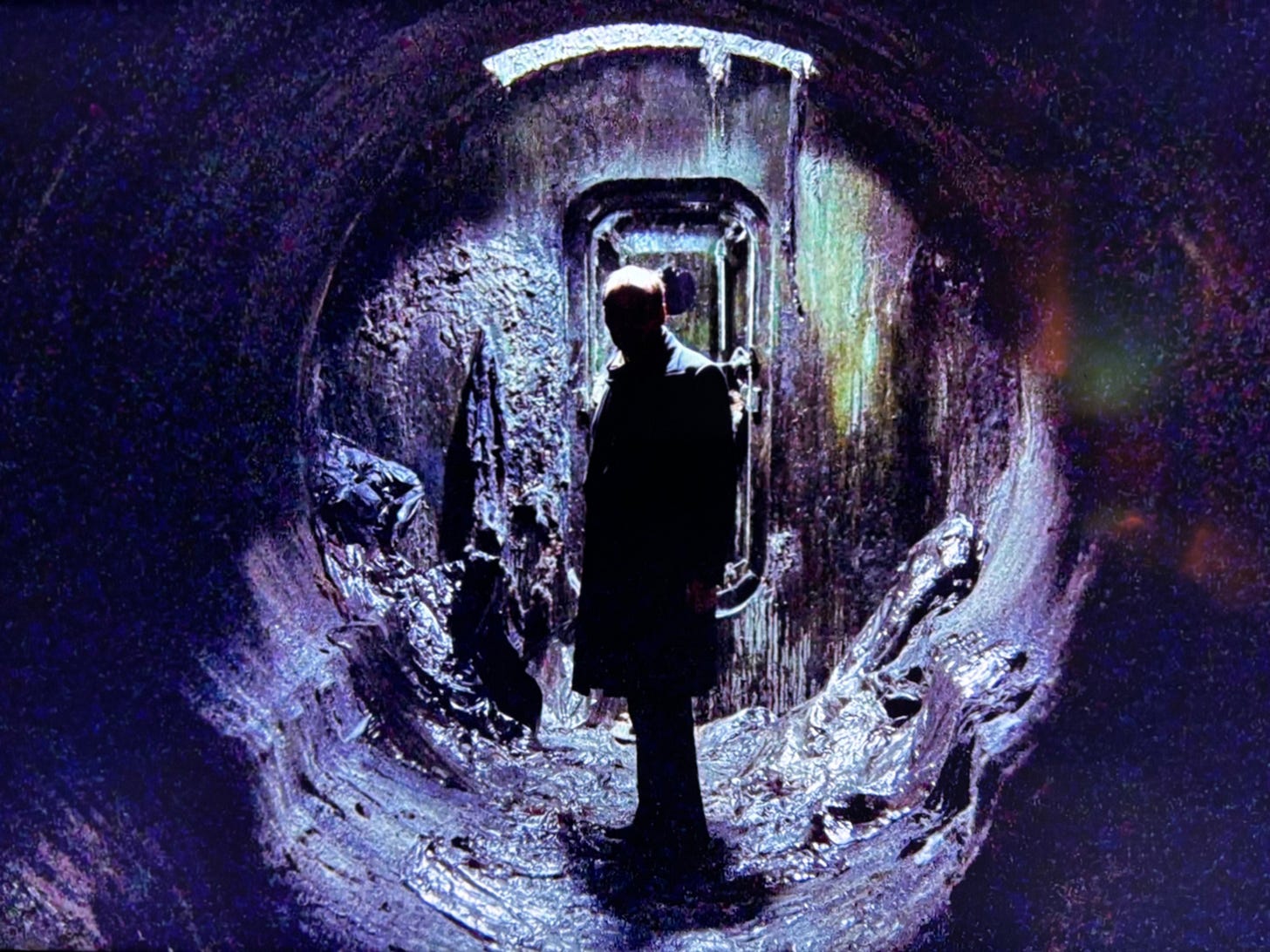
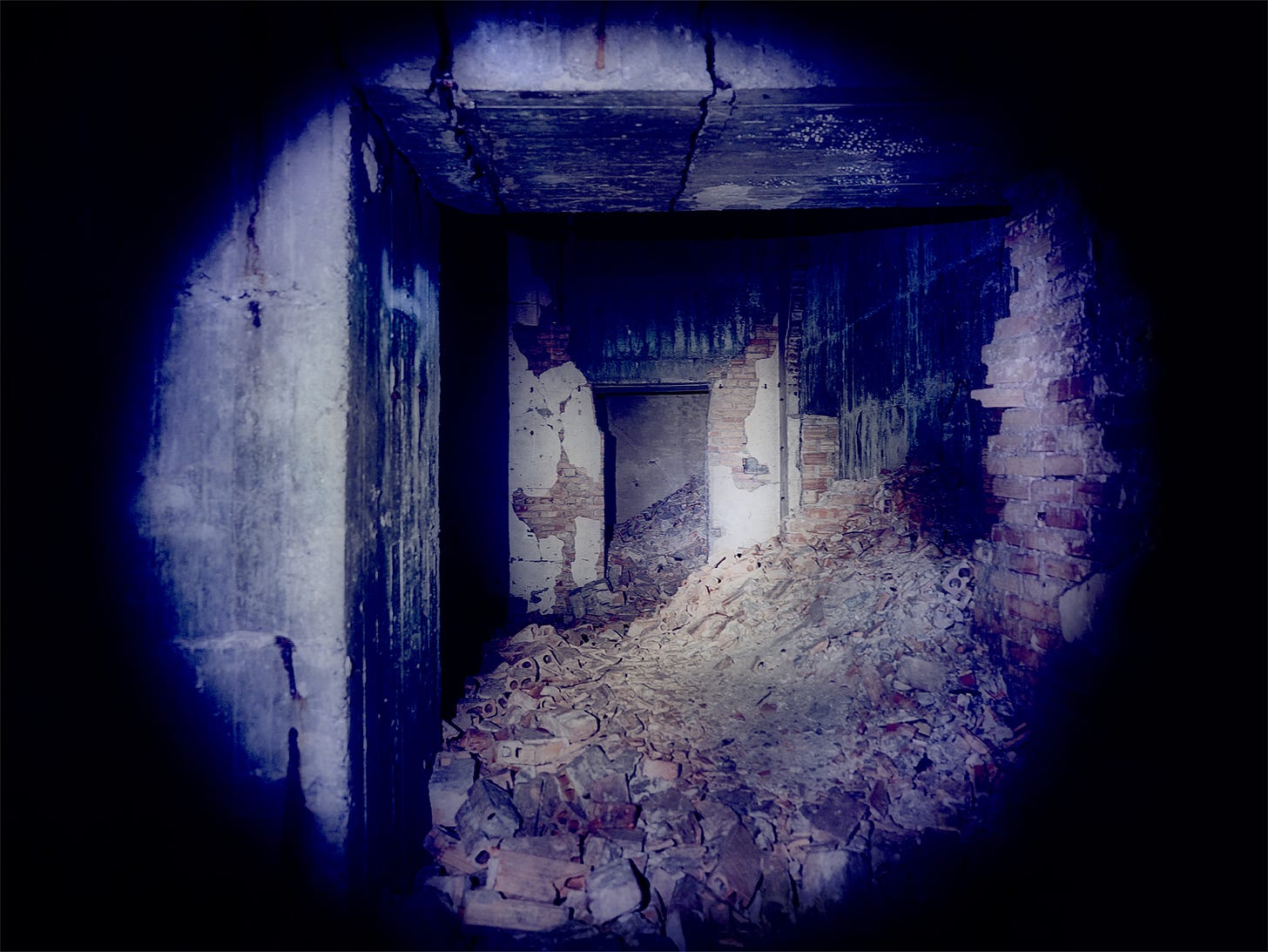
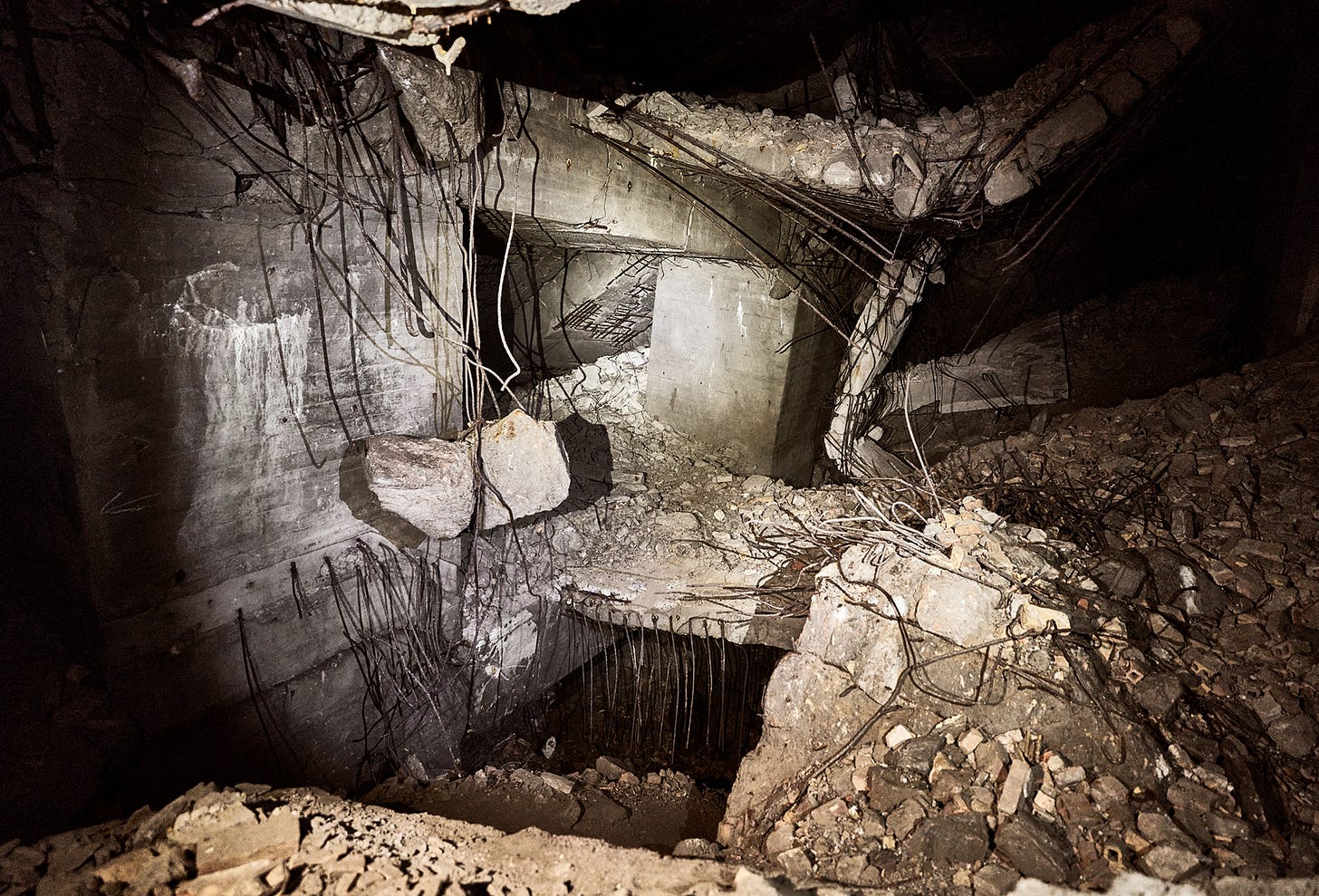
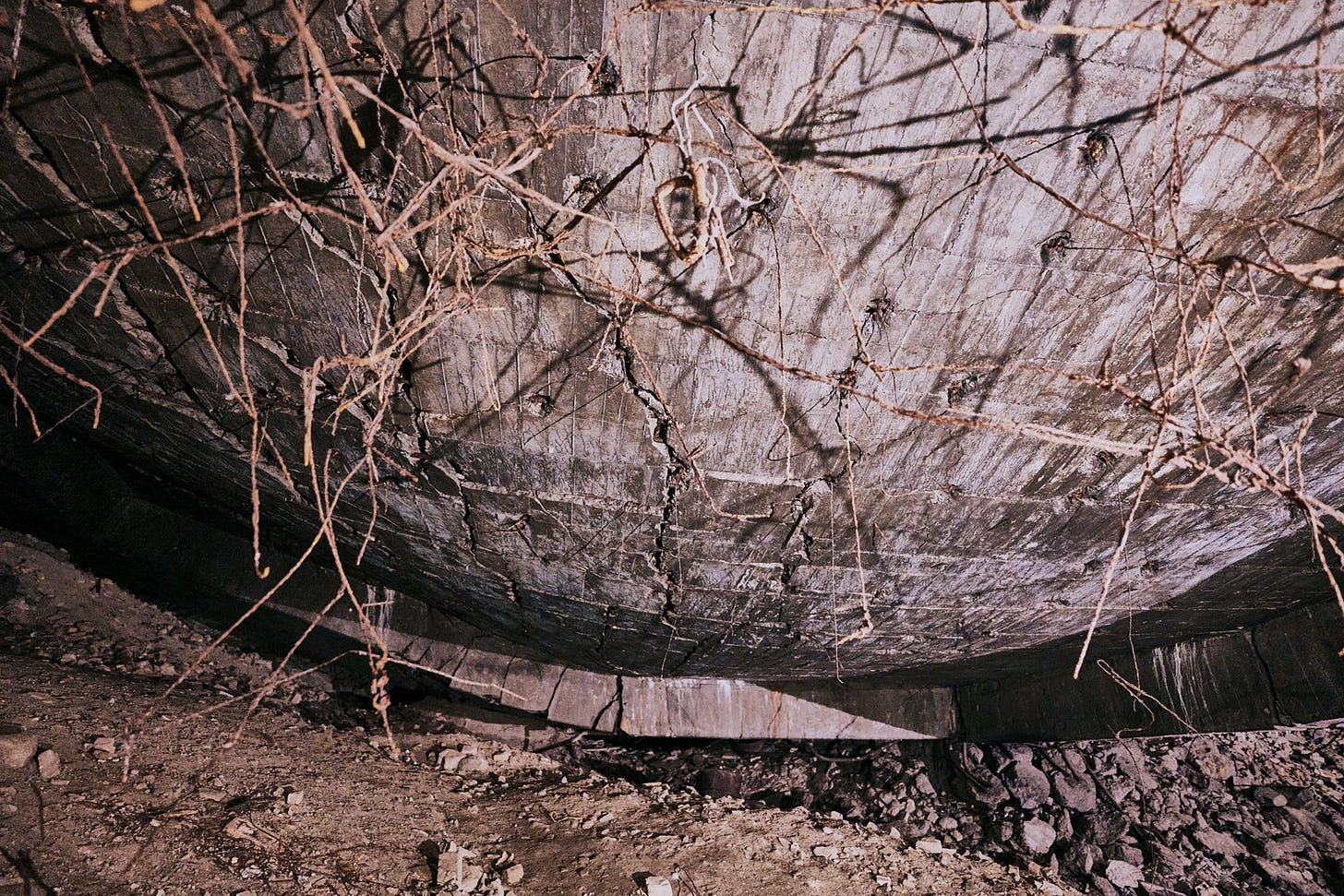
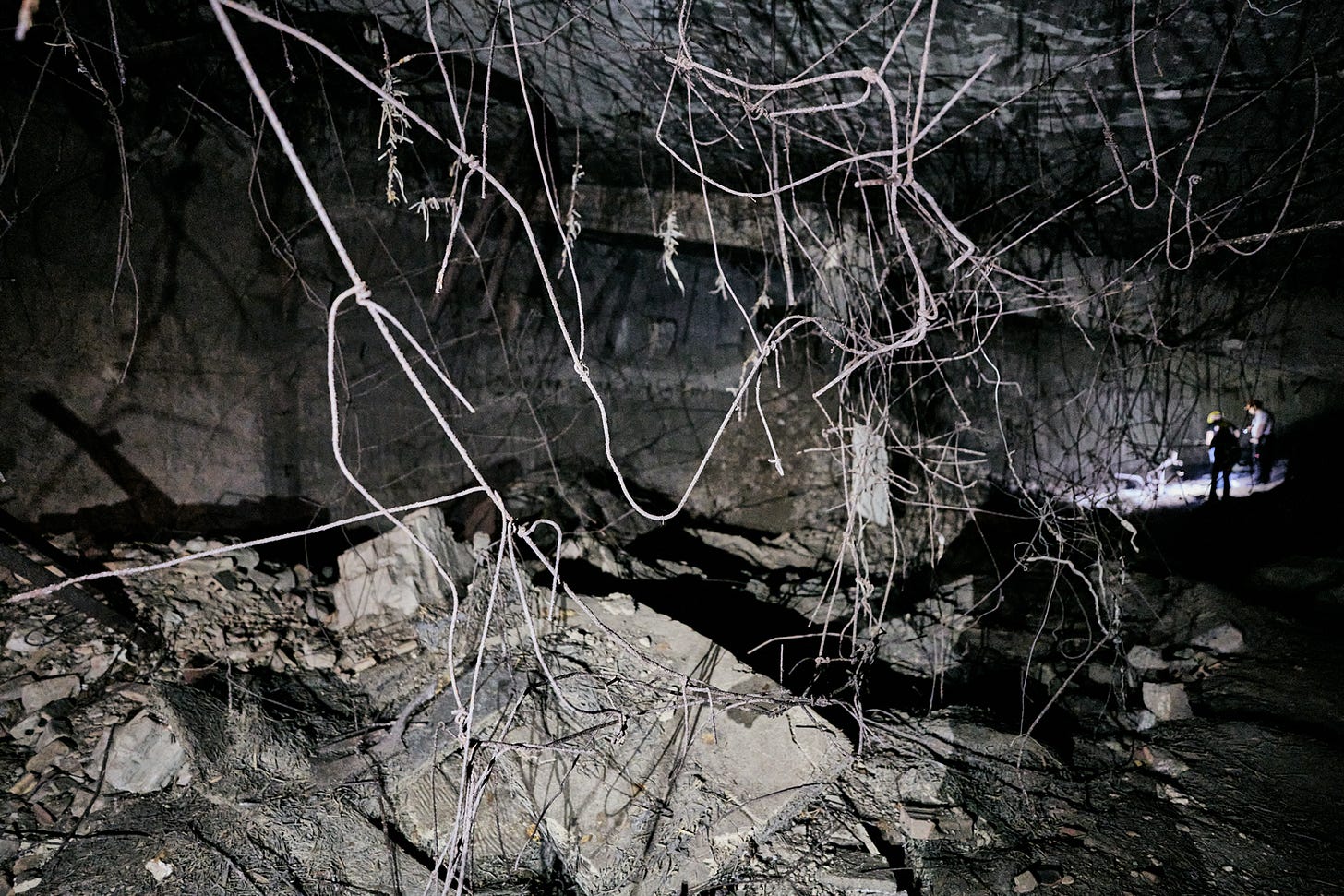
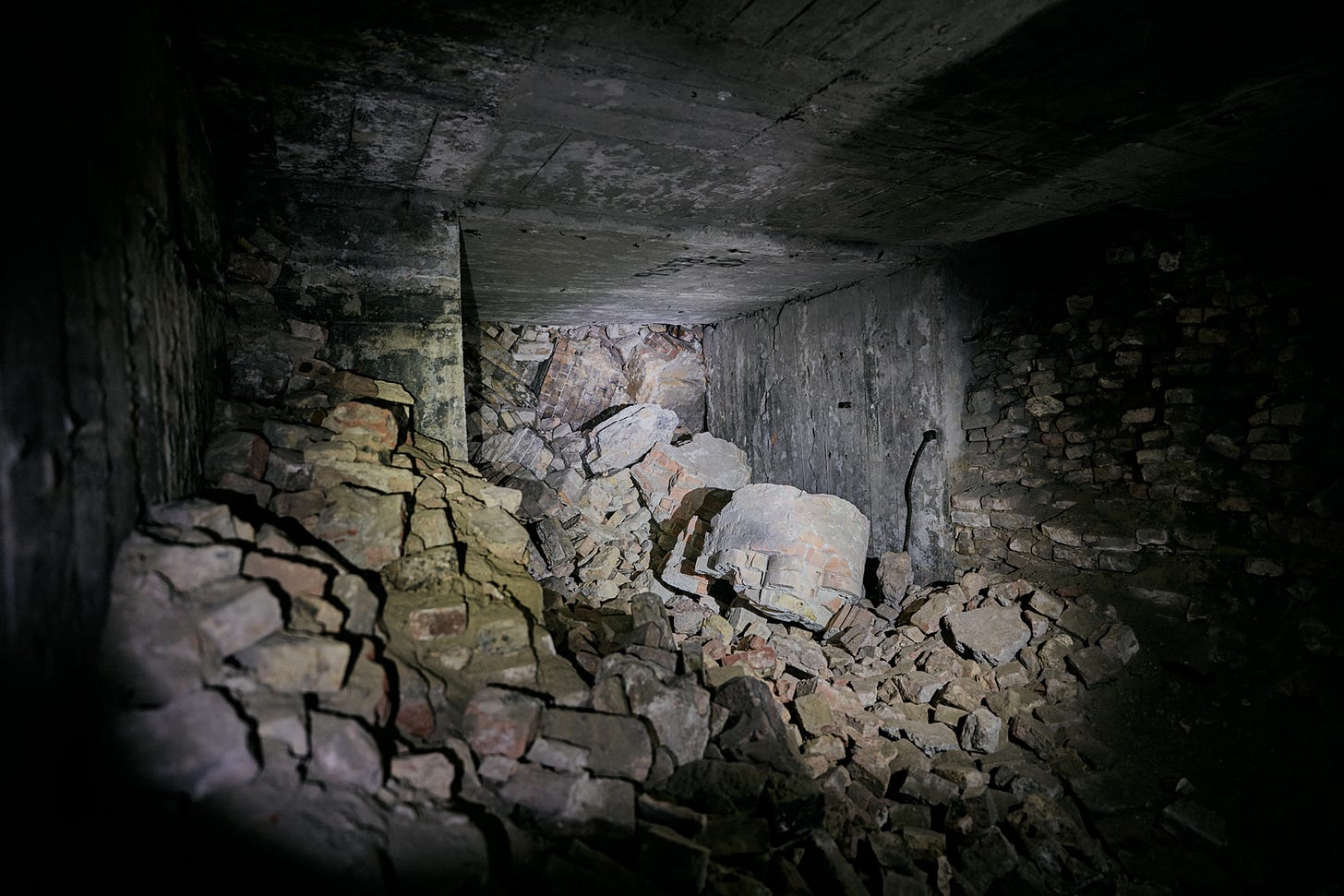
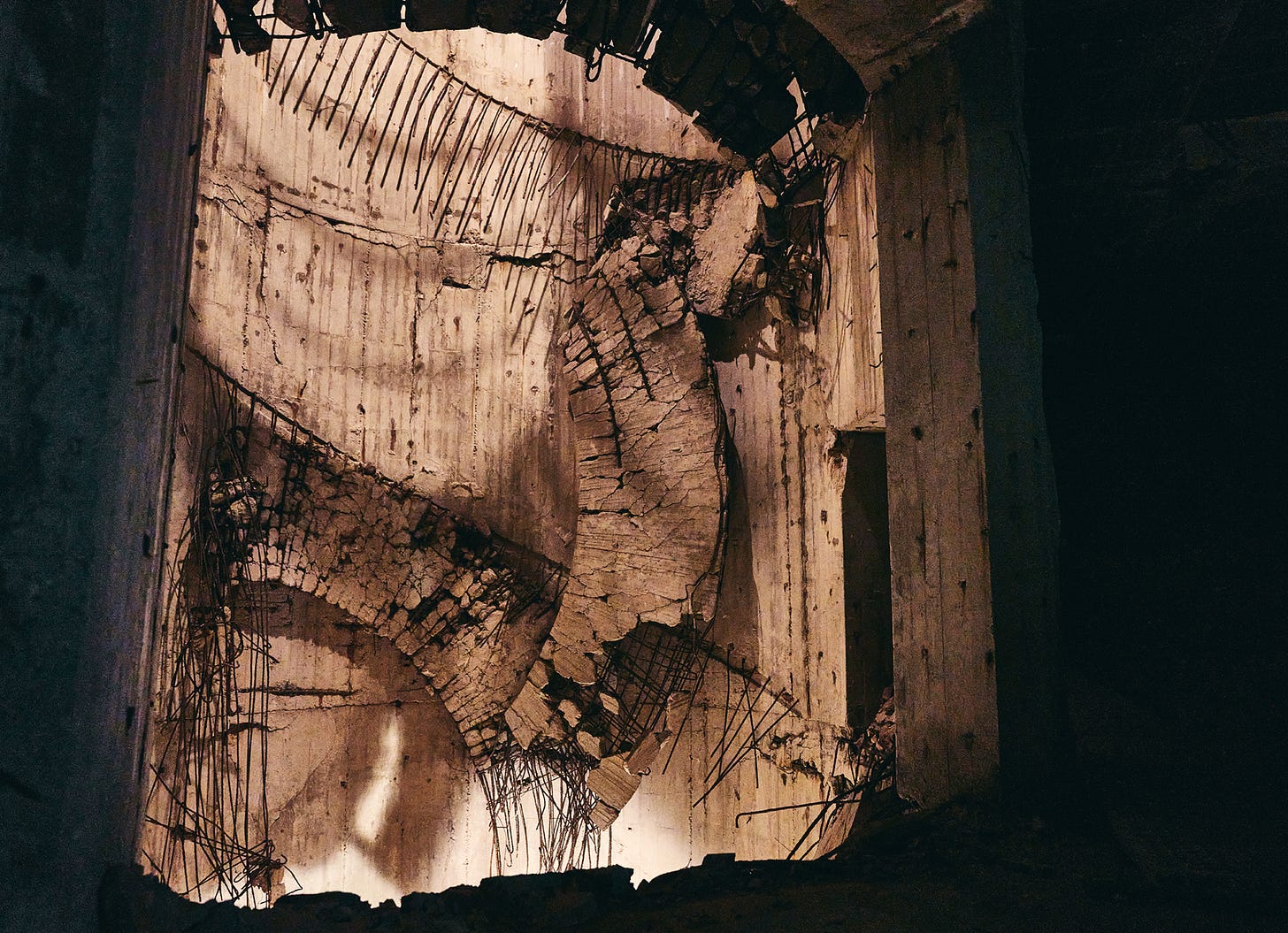
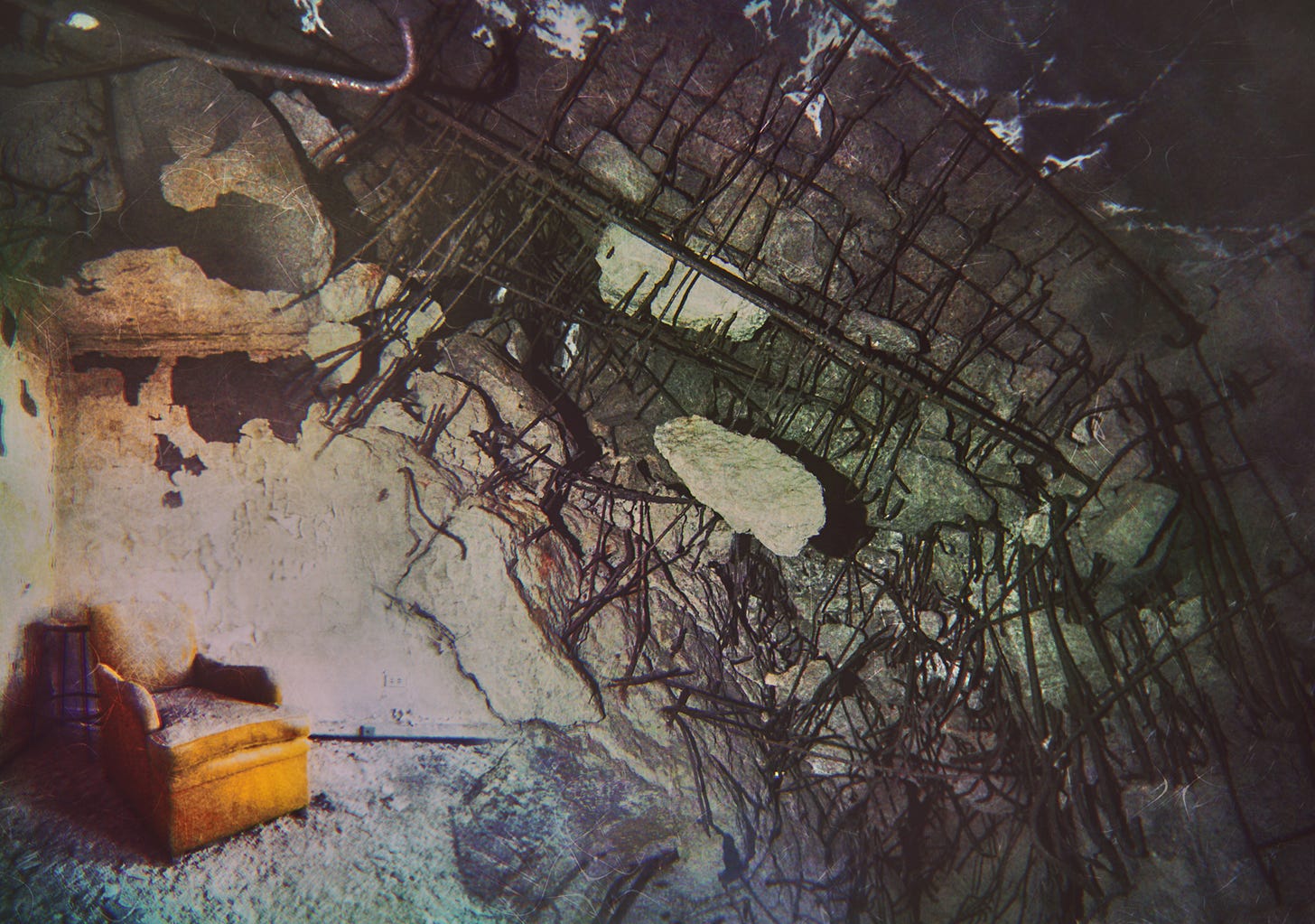
Wonderfull pictures and text Julia, I'll see if I can come to Berlin in August. I would love to experience the event